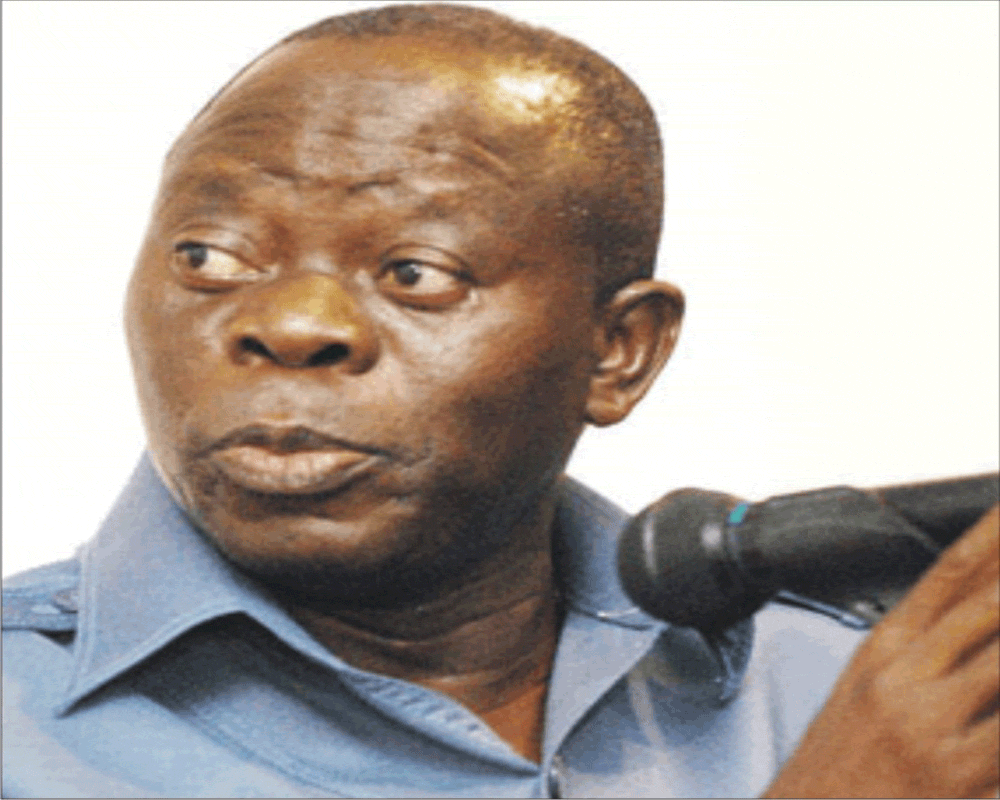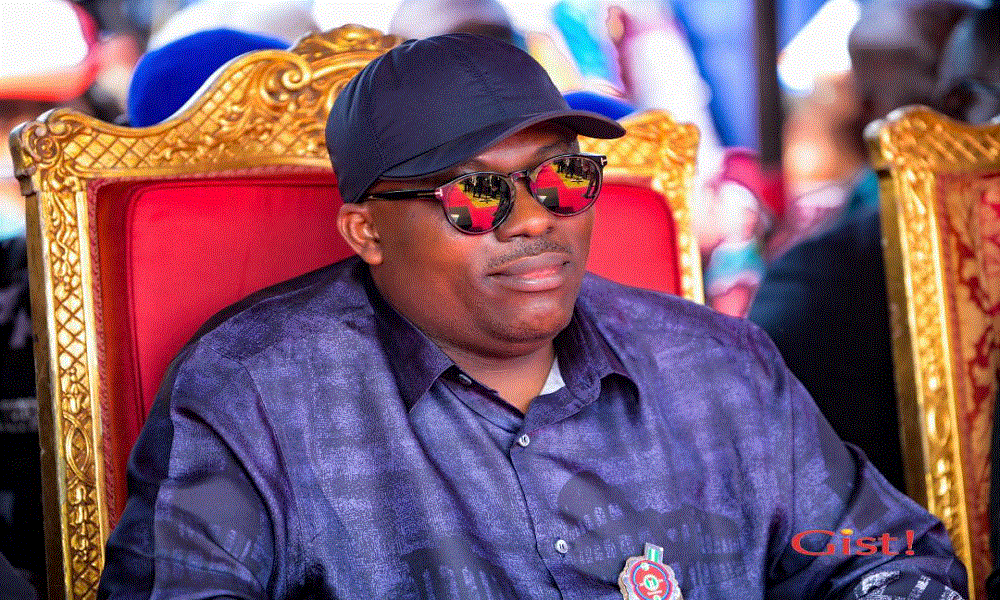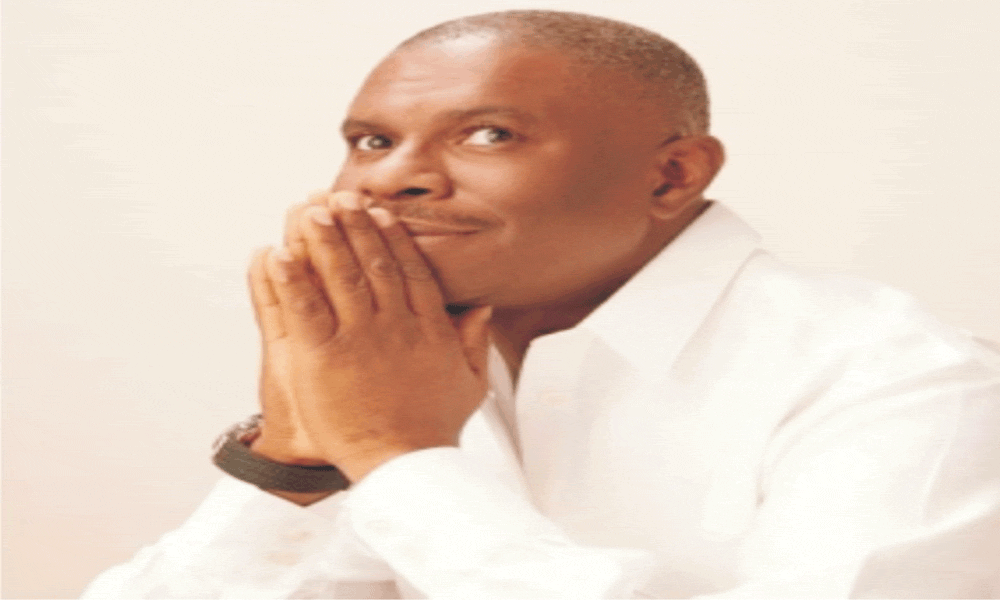Aftermath Of Red Armband In Rivers Guber Election, An Unsavoury Military Role
The 2019 General elections no doubt have produced moments which are unforgettable in the anals of elections in the country. Perhaps, topmost among the moments generated by the exercise is the controversial militarization of the electoral process.
In this piece, OLAWALE LAMINA examines the implications of deployment of military backed by the marching order from President Muhammadu Buhari, who tasked the soldiers to shoot ballot box snatchers. The red-armband-wearing soldiers, in most cases did as commanded which implications have continual to elicit heated debate in most Niger Delta States especially in Rivers State where the masses still bear the brunt of the military involvement.
Following the presidential order issued by President Buhari prior to the commencement of the general elections, the stage was set for the military to assume a pivotal position as far as the elections were concerned.
President Buhari’s statement, that anyone caught snatching the ballot box should be shot triggered reactions in the form of condemnation, uneasiness, discontent among Nigerians, who truly understand what the limits of the military involvement in an election should be.
It was little wonder that the military men deployed for the exercise were more than combat ready. In their first appearance for the Presidential and National Assembly elections, the soldiers turned out in outfit bearing yellow armband (which might suggest the use of limited force). But the second appearance, more than its first cousin, the gubernatorial election, soldiers were sighted wearing red armband in addition to their battle camouflage.
Meanwhile, from available records, the action of deploying the military to provide security alongside other security agencies was at variance with court rulings. For instance, the verdict by Justice Ibrahim Buba of Federal High Court, Lagos in March 2015, stated that Presidents lack the power to deploy the military for electoral duties as this would run counter to the democratic practice. But just before the rescheduled Presidential and National Assembly elections, President Buhari ordered the military to be ruthless with any would-be ballot box snatchers and ensure that election riggers pay with their lives. As a good steward, the chief of Army Staff, Lt. Gen. Tukur Buratai, upheld the President’s statement saying the army will carry out the presidential directive.
But, as would be seen later, the army did more than confining themselves to safeguarding INEC’s sensitive materials, safety of electoral officials, facilities and the electorate. The army allegedly became partisan – they killed, they maimed, they harassed and meddled in the process, instilled general fear in the minds of Nigerians, leading to voters’ apathy or low turnout of voters.
But more than in any other parts of the country, military involvement deteriorated in the South-South states especially Rivers State as there were reported cases of outright harassment, intimidation, aiding and abetting ballot snatching among other alleged atrocities committed by the soldiers on election duty.
This brought about a general sentiment that the 2019 general elections were heavily militarized. Former President of the Movement for the Survival of Ogoni People, MOSOP, Ledum Mittee, who spoke on militarization of soldiers as it affected his community. According to Mr. Ledum Mittee, day before the governorship election in the state, more than 50 soldiers were deployed to his community, without prior notice to the elders.
Similarly, individuals and groups have equally risen in condemnation of the military involvement in the general elections especially in Rivers State.
One of such groups’ is the Media Awareness and Justice Initiative represented by Ikechukwu Ahaka, who pointed out that in the army act, no provision was made for the military in an election.
He acknowledged that, except when things go wrong, military can be called upon to intervene with a view to ensuring restoration of peace. It was in recognition of this argument that he said, “soldiers cannot be completely ruled out in elections, especially when it becomes necessary under the circumstance.”
And since the military got involved in the 2019 general elections, Ikechukwu Ahaka raised concern about neutrality of the security agents, drawing example from an allegation made the Rivers State Governor, Chief Nyesom Ezenwo Wike, that the General Officer Commanding, G.O.C Zone 6, made threats on his life, in the heat of the preparations towards the gubernatorial election in the State. It is interesting that the said threats are currently being investigated by the military hierarchy.
The programme Officer of the Media Awareness and Justice Initiative expressed grave concern that allegations by the governor, who is the Chief Security Officer of the State, should be considered with all seriousness, calling for a thorough investigation into the matter.
It is also on record that, in the wake of the governorship election in the state, the INEC’s head of voters education and publicity in Rivers State, Chief Enabor, said of the development that played out in Okrika in which he alleged that some soldiers connived with “rogue INEC officials, to divert materials meant for Okrika.
It would be recalled that upon this controversy, INEC promised to reschedule election in parts of Rivers, Anambra and Lagos States, where there were reports of violence and ballot snatching.
Similarly, another concerned group which cried out against the militarization of the general elections, Council of Ogoni Professionals (COP International, USA, criticized the aftermath of the elections which resulted in the killings of unarmed and defenceless civilians in Ogoni. A statement signed by Anselem D. John Miller, stressed that, “without mincing words, we hold the Nigerian President, Muhammadu Buhari responsible because, without giving a blanket check to Nigerian soldiers to carry-out extra-judicial killings of whoever attempted to snatch ballot boxes, such reckless wastages of human lives would not have taken place.”
The body which condemned acts such as ballot box snatching and violence, alleged further that, the bulk of the snatching of ballot boxes and other electoral documents were carried out by the soldiers deployed in an unprecedented numbers in Rivers State”.
The group said that, Nigerian Army, having been given the license to kill with impunity had no choice than to carry out orders given to it. COP International, USA, summed up alleged atrocities by the Nigerian soldiers as human rights abuse.
Also, another indication of the militarization of the general elections, is the fact that over 15,000 policemen were deployed to Rivers State, whereas no official record of how many soldiers were similarly deployed for election duties. This followed the heavy presence of combatants witnessed in Rivers State, some argued the figure was more than other states in the country. This is by virtue of the events that later transpired linking the Nigerian army both directly and indirectly.
Some political analysts have reasoned that the low voters turnout during the gubernatorial election may not be unconnected with the heavy presence of men of the Nigerian army spread all over the place with military hardware. This alone may have buttressed the fact of palpable fears on the part of a chunk of eligible voters leading to voters apathy.
Pundits have argued that the red armband noticed on the soldiers during the governorship and house of assembly election in the state may suggest force majore-deployment of extreme force. For example, the soldiers had a good spread all over the place. They were more conspicuous on the popular Aba Road, in Port Harcourt, as far as the exterior was concerned. They mounted road barricades with routine stop and search. Suspicious individuals were made to forcefully seat on the bare floor, either for wandering or loitering about.
There were those on routine patrol of the state covering both the interior and the exterior.
Perhaps, the last straw for the soldiers generally was their alleged meddlesomeness in the electoral process, which the INEC authorities confirmed and condemned in its entirety.
The military exploits in Rivers State include alleged killings of the innocent, arrest of political opponents, apart from alleged role in ballot box snatching and attempts in some cases to preside over ballot paper collation which was allegedly resisted. While the military had refuted some of the claims, blaming civilians in army uniforms, the Rivers State Government had been magnanimous enough to take care of the families of the bereaved and helped the injured to settle their hospital bills.
Political pundits are of the opinion that if the fallouts of the military interference in the 2019 general elections were of any grave consequence, it remains to be seen if the Nigerian authorities would continue to act without recourse to electoral laws in future exercise.



